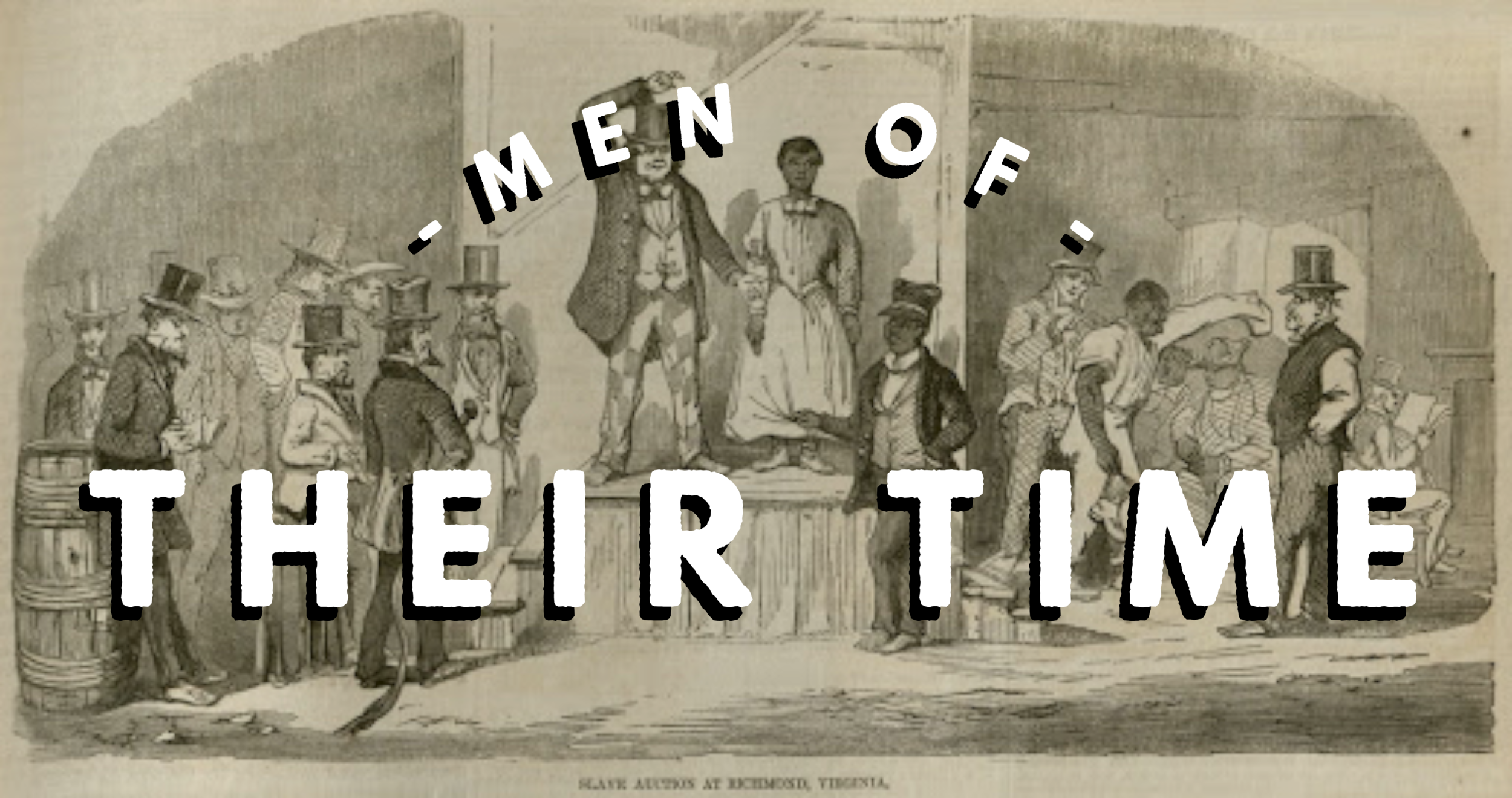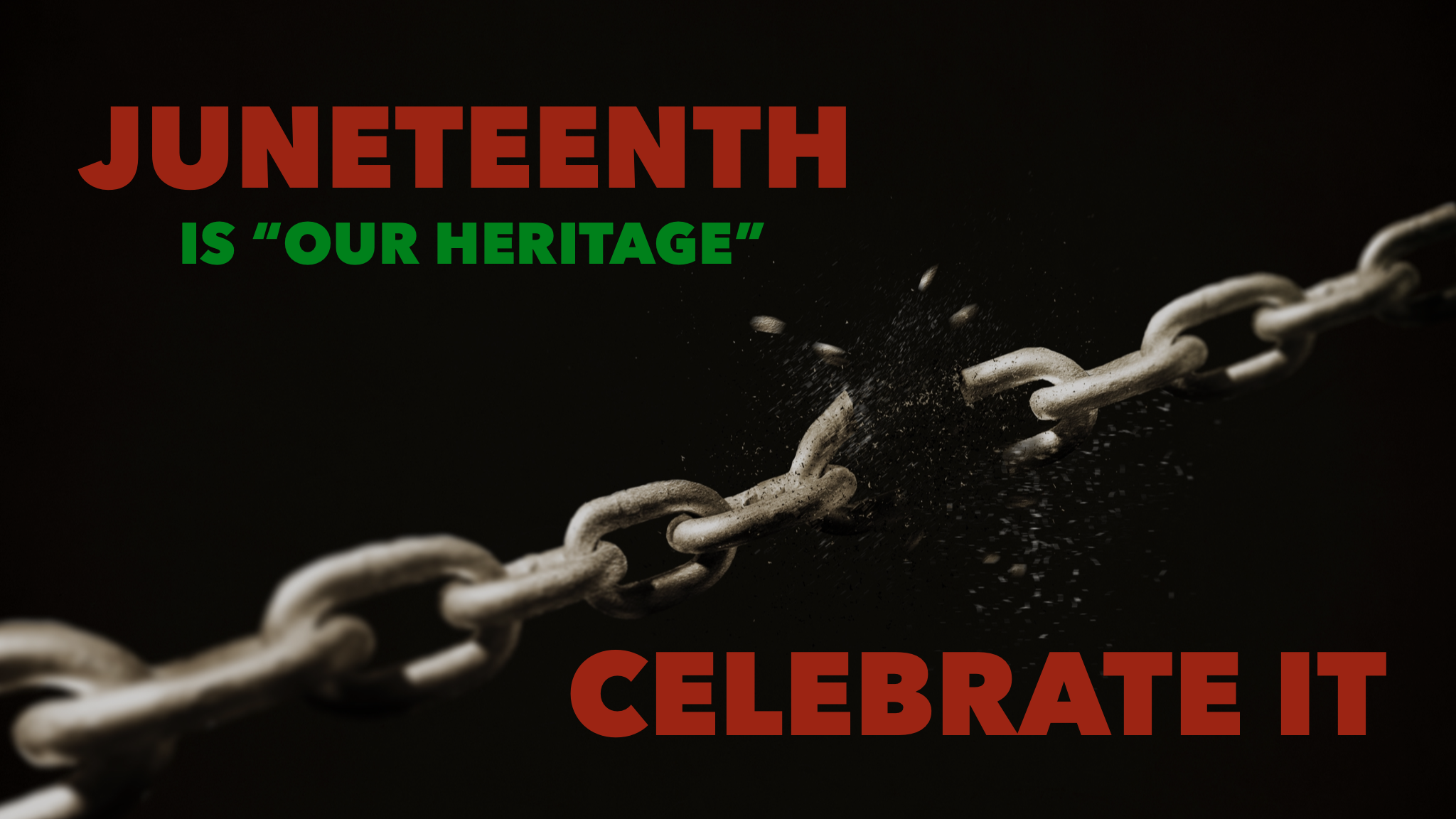Yes, let's have a conversation about history and ethics. However, when we begin these historical and ethical conversations, our standard must always be the firm and the objective truth of God's Word. History is not our standard.
Read MoreMarx gained support for his position precisely because it was purely economic/materialist. It abandoned all traces of historical explanation that were based on the idea that ideas are fundamental to the transformation of society. Marx believed that the deciding arena of class warfare is the mode of production, not the arena of ideas.
Read MoreLately, this image has been shared all over social media along with a long historical explanation. The photo, allegedly, shows early 15th Century Irish slaves who were sold to English settlers in the Carrabian.
Read MoreDespite the fact that Juneteenth is formally recognized in 45 states, few people know about it. Most people do not know about it because it is largely a “black” holiday—of the blacks, by the blacks, and for blacks—and known only to the blacks. The only black holiday most people celebrate is Black Friday.
Read MoreMany people today, and I believe many Christians in particular, are often oblivious to the real nature of chivalry and the problems it posses from a Christian perspective and have a mistaken idea of the real conditions prevailing in the age chivalry and beyond, even defending feudalism at times as a Christian form of social order.
Read MoreIf there was a system of permanent slavery in Old Testament Israel -- and clearly there was (Lev. 25:44-46) -- then on what basis can the Christian today maintain that the abolitionists were morally correct in their vision, though not always with their tactics? Are we wiser than God was in the Old Testament? If the Reconstructionists' hermeneutic (principle of interpretation) is correct -- that Old Testament laws are still in force unless abrogated in the New Testament -- then how can we escape the accusation of being defenders of slavery? And if we cannot find such an "escape hatch", then how can anyone take seriously the hermeneutic of the Reconstructionists?
The answer is found in the proper understanding of the jubilee land tenure laws (Lev. 25), in the middle of which the Old Testament's permanent slave laws are found.
Read MoreThe image of God is what gives us worth as humans. Throughout history, those who deny the full image of God in the weaker vessels—whether in black people, in Jewish people, in unborn children, or in women—have ended up perpetrating some of the most horrifying atrocities in history. If you make the image of God contingent on power, then you make human worth contingent on power.
Read MoreI apologize for coming along a tad late on this post. Sometimes these days I feel like those people at the back of the parade who scoop up behind the horses. Problem is, when it comes to Douglas Wilson on the Southern slavery issue, we’re all much later than we think, and we need far more than a scoop.
Read MoreHistorical southern slavery indeed has some artificial and shallow similarities with Biblical slavery. No dispute there; after all, they are both often just called “slavery” with no qualification. But, brothers and sisters, do not be confused; they are not in the same category, even broadly speaking. Southern slavery, as it actually was, has as much to do with Biblical slavery as a righteous Leviticus 24:17 death penalty has to do with a thug murdering a woman in a random back alley. They are both a form of “killing,” but one is justice and leads to redemption, while the other is lawless, evil, and pure destruction.
Read MoreRecently, I have been amazed to see multiple men on Facebook stand up to defend and recommend John Knox’s infamous pamphlet The First Blast of the Trumpet Against the Monstrous Regiment of Women. I am amazed, because some of these men clearly aspire to leadership in the church. I am amazed, because I have actually read the Monstrous Regiment, and know that it is completely indefensible.
Read MoreDespite continued denials and whitewashings by some today, one of the most upsetting aspects of American slavery was the tremendous support it found in churches and pulpits. Most churches, ministers, and conservative Christians in the South either actively or passively supported the system and rarely did anything to curtail its widespread abuses, even when those abuses sometimes surfaced among members of their own congregations. It is important that we acknowledge these truths as a baseline going forward.
Read MoreLest there be any confusion, no one has written more forcefully than myself opposing the state and statist, socialist programs, including public schools. Even if I were to be persuaded of a program for “reparations” …
Read MoreFree Book!
It is among the most enduring myths of the American Civil War. Many pro-southern apologists continue to exonerate the South by saying the War was never about slavery but about tariffs.












